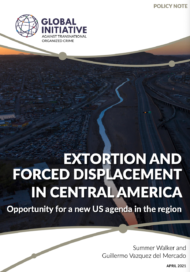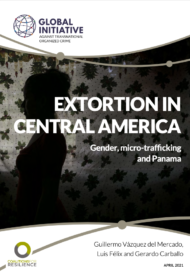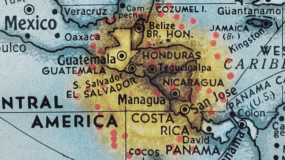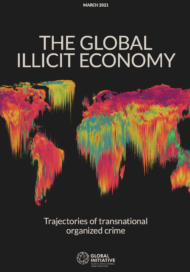Posted on 27 Apr 2021
A new surge in migration at the United States southern border has put policy with its southern neighbours high on the political agenda once again. In March 2021 alone, about 170 000 migrants were apprehended at the US-Mexico border. Given the intense politicization of immigration in the US domestically and abroad, the Biden administration is eager to act quickly, but many are wondering what will be done differently.
The Department of Health and Human Services is charged with attending to migrants at the border, but is already under fire for not moving children and teenagers out of detention quickly enough. The administration has moved quickly on border controls with Central American countries and Mexico, and appointed Vice President Kamala Harris to work with the countries in the region on stemming migration.
In mid-April, the US, Mexico, Guatemala and Honduras reached an agreement on border security, which, depending on the country, will maintain or increase a military presence along the respective borders. In the past, these kinds of pacts have not proven to significantly reduce movement across the region, but merely deflect migrants towards more dangerous routes, and increase the risks migrants face, including robbery, kidnapping and sexual violence.
This policy note recommends that the US agenda should include a focus on the interrelated factors of criminal governance and extortion as key drivers of migration. Extortion has been identified in US policy documents as a having ‘a [great] impact on the daily lives and security of citizens’. These two issues are not only prevalent across the region at the community level, but also they have an enormous impact on the macro driving factors often outlined as the root causes of migration: poor economic growth and development, failures in safety and public security, and the erosion of community resilience. Drawing from research conducted by the Global Initiative Against Transnational Organized Crime (GI-TOC) in the region on the extortion economies, as well as its work on promoting resilience in communities living with organized crime, the paper offers several recommendations as the US develops its renewed agenda.




